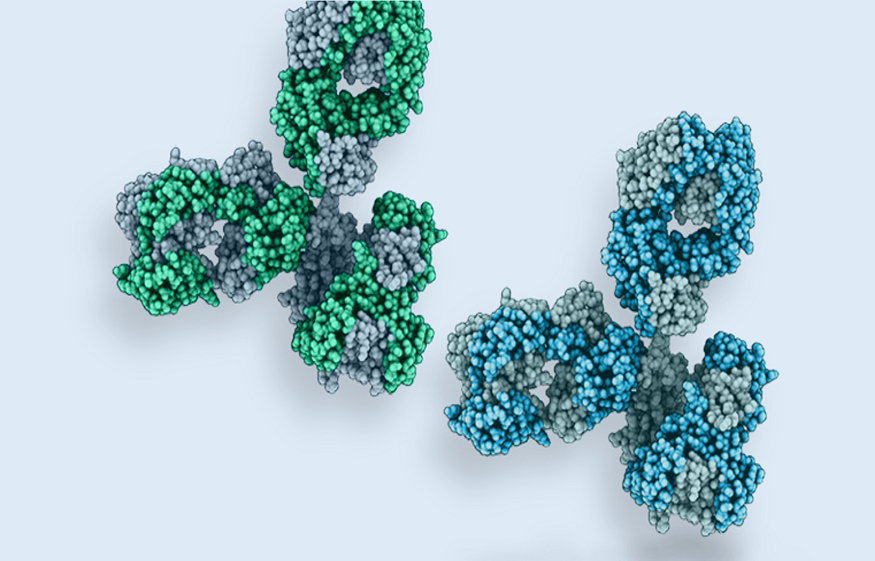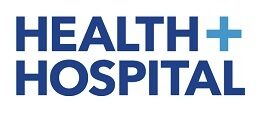
The Significance of Clinical Oversight Management: Perspectives from a Specialist in the Field
We are pleased to introduce Melania Ballestra, a distinguished professional specializing in Clinical Oversight Management (COM). With a Bachelor of Science degree in Biotechnology, Melania brings over 17 years of comprehensive experience in the pharmaceutical industry and Contract Research Organizations (CROs).
ABRS: Good morning, Melania. Could you explain to us the importance of Clinical Oversight Management in clinical research?
Melania Ballestra: Of course, Clinical Oversight Management is crucial in clinical research because it ensures adequate supervision of all study activities. This ensures that the agreement between the sponsor and the CRO is properly fulfilled and that compliance with relevant regulations is verified. Additionally, it allows us to confirm the experience declared by the CRO in a particular field or country, which is essential for the integrity of the study data.
ABRS: Have you encountered cases where the experience declared by a CRO does not correspond with reality?
Melania Ballestra: During my experience in the oversight process, I have identified common errors mainly related to the experience and training of monitors. In many cases, monitors are presented with a level of experience they do not possess, which can compromise the quality of supervision by not reflecting their actual ability. Additionally, it is common to find that CROs do not provide adequate training to monitors, resulting in a lack of preparation to face and resolve various situations at the research site. Another recurring problem occurs when the research center lacks experience in the type of study underway, and the assigned monitors also lack the necessary experience. This situation poses a significant risk to the study, as it can affect the quality of data collected and the validity of the results. Despite having a solid academic background, some monitors may lack practical experience monitoring research sites, compromising their ability to identify and resolve issues on-site. Finally, frequent changes of monitors within a CRO can negatively impact study management. I have observed cases where a study has experienced up to 4 or 5 changes of monitors in a year, affecting timelines, process monitoring, and data integrity.
ABRS: Could you share a case that has impacted you?
Melania Ballestra: Certainly, I had a case in the United States where an individual with type II diabetes, who had been hospitalized for two months at a hospital where the sub-investigator of the study worked, was included as part of the study. However, that particular institution did not have the necessary authorization to conduct clinical studies. To circumvent this situation, the sub-investigator decided to register the subject within an institution that did have permission to conduct clinical studies. It is important to remember that Form 1572 specifies in which institution the study will be conducted; in this case, the monitor did not realize this discrepancy at any point. Hence, the COM specialist is important to review every detail and ask the monitor questions to understand how the process was carried out.
ABRS: Do you have an example of a common error made during monitoring?
Melania Ballestra: Yes, I recall an incident with a client where I reviewed monitoring reports. Upon careful examination of the report, I noticed that findings that were not actually findings had been recorded, which distorted the information. Additionally, the finding was placed in the field where the corresponding action should go, hindering its proper resolution. In this context, I encountered a patient who did not meet the inclusion criteria, indicating incorrect enrollment. It was necessary to report this situation so that appropriate measures could be taken.
ABRS: What do you think is the skill that a COM specialist must have?
Melania Ballestra: In my opinion, the fundamental skill that a COM specialist must have is the ability to analyze and thoroughly understand the monitoring process, paying attention to details that often go unnoticed and can significantly affect the study. This skill is developed through rigorous training, deep knowledge of procedures, and a commitment to investigating processes. The goal is not to discredit the monitor’s work but to ensure rigor in executing the process and guarantee the integrity of the study data.
We sincerely thank Melania for sharing her invaluable insights and experiences with us during the interview.





